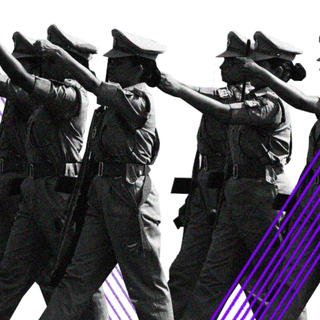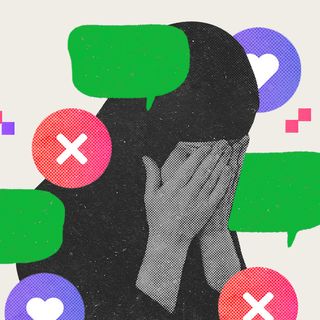On Tuesday, the Karnataka unit of Bharatiya Janata Party (BJP), the state’s ruling government, tweeted personal information of minorstudents protesting the hijab ban on its official account. These students include girls who filed petitions in the Karnataka High Court arguing for the freedom to assert religious identity in educational institutes.
Nalinkumar Kateel, the state president of BJP, also shared the tweet on his social media, similar to some other politicians. Twitter later took down the tweet citing a violation of its rules.
But to put the events of the last 24 hours in perspective: the names, identity, and address details of young Muslim girls were released in the massive digital ecosystem — all in a bid to prove their desire to wear hijab is a political “conspiracy.” This comes days after another privacy violation: admission forms (including phone numbers) of the six students in the Udupi district, who were denied entry into classrooms, were shared on social media.
Under Section 74 of the Juvenile Justice (Care and Protection of Children) Act, 2015, sharing a minor’s details is prohibited. This is similarly prohibited under the Indian Penal Code (Section 288A) and POSCO Act, 2012. Section 12 of the POSCO Act states: “No reports in any media shall disclose, the identity of a child including his name, address, photograph, family details, school, neighborhood or any other particulars which may lead to disclosure of identity of the child.”
The protection of minors is a more urgent conversation now, when minority girl students are being denied access to education and dignity. It’s not only a legal problem, then, but an ethical and national one. Arguably, state politicians are doxxing the young girls; which is “to publicly identify or publish private information about that person — especially as a way of punishing the person or getting revenge.” India doesn’t have a law specifically prohibiting doxxing, but these attempts signal a brazen level of state harassment.
Related on The Swaddle:
Karnataka College Restricts Students From Wearing Hijab in Classrooms
“I am not comfortable showing my face anymore. Already everyone knows how I look and where my home is. What if someone targets me?” one student told The Quint.
The harassment only mirrors the ideological violence and bullying happening on the ground. For the last two months, students have been denied entry into classrooms. When allowed, they were made to sit in separate rooms without any classes. On February 5th, the Karnataka government passed an order banning clothes that “disturb equality, integrity and public order”. Some girls were heckled by right-wing groups supporting a hijab ban outside their college. Even teachers are being asked to remove their hijab before entering college. Following suit, now a Madhya Pradesh school too banned hijab after a right-wing group staged a protest.
The visuals are chilling. For now, the Karnataka High Court passed an interim order stating no religious garments will be allowed in schools or colleges until the matter is heard. But to put the safety and identity of these students at risk amounts to a more pernicious, violent act.
For now, people can report tweets revealing any personal information of the students as follows: click on “Report tweet,” “It’s abusive or harmful,” then “Includes private information,” and finally “Home address or physical location.”




